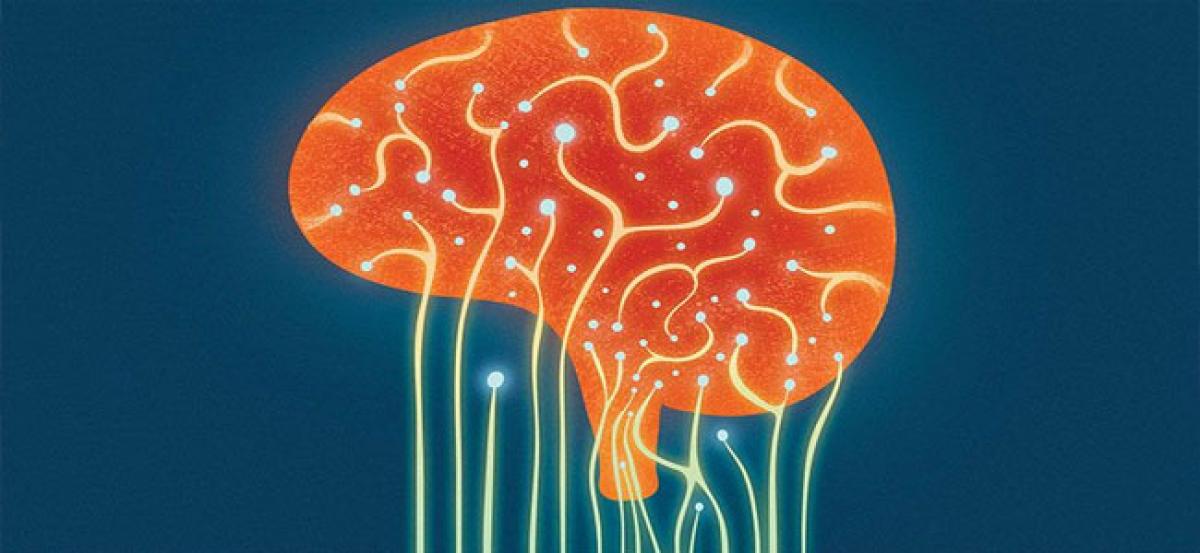Just In

Bacteria in the gut can cause people with type 2 diabetes and obesity to suffer from depression and anxiety, scientists have found. Researchers from Harvard Medical School in the US found that mice on a high-fat diet showed significantly more signs of anxiety, depression and obsessive behaviour than animals on standard diets.
Washington : Bacteria in the gut can cause people with type 2 diabetes and obesity to suffer from depression and anxiety, scientists have found. Researchers from Harvard Medical School in the US found that mice on a high-fat diet showed significantly more signs of anxiety, depression and obsessive behaviour than animals on standard diets.
"But all of these behaviours are reversed or improved when antibiotics that will change the gut microbiome were given with the high fat diet," said C Ronald Kahn, from Joslin Diabetes Center in the US. "As endocrinologists, we often hear people say that they feel differently when they've eaten different foods," said Kahn, senior author of the study published in the journal Molecular Psychiatry. "What this study says is that many things in your diet might affect the way your brain functions, but one of those things is the way diet changes the gut bacteria or microbes," said Kahn.
"Your diet isn't always necessarily just making your blood sugar higher or lower; it's also changing a lot of signals coming from gut microbes and these signals make it all the way to the brain," he said.
In a previous research, the team showed that at least part of this development is driven by changing bacteria in the gut microbiome. The condition was reversed in mice who were given antibiotics in their drinking water, which altered the microbiome. Scientists followed up by giving mice on a high-fat diet four classic lab animal behavioural tests, which are often employed in screening drugs for anxiety and depression.
In each case, mice on high-fat diet showed higher signs of anxiety and depression than mice on a regular diet. However, when the mice were given antibiotics with the high fat diet, their behaviours returned to normal. One of the ways the researchers showed this was an effect of the microbiome was by transferring gut bacteria from these experimental mice toto germ-free mice, who did not have any bacteria of their own.
The animals who received bacteria from mice on a high-fat diet showed began to show increased levels of activity associated with anxiety and obsessive behaviour. However, those who received microbes from mice on a high-fat diet plus antibiotics did not, even though they did not receive the antibiotics themselves.
"This proves that these behaviours are driven to some significant extent by the gut microbiome," said Kahn. Researchers looked for clues in two areas of the brain, the hypothalamus (which helps to control whole body metabolism) and the nucleus accumbens (which is important in mood and behaviour).
"We demonstrated that, just like other tissues of the body, these areas of the brain become insulin resistant in mice on high-fat diets," Kahn said. "And this response to the high fat is partly, and in some cases almost completely, reversed by putting the animals by antibiotics. Again, the response is transferrable when you transfer the gut microbiome from mice on a high-fat diet to germ-free mice," he said. "So, the insulin resistance in the brain is mediated at least in part by factors coming from the microbiome," he added.

© 2024 Hyderabad Media House Limited/The Hans India. All rights reserved. Powered by hocalwire.com







